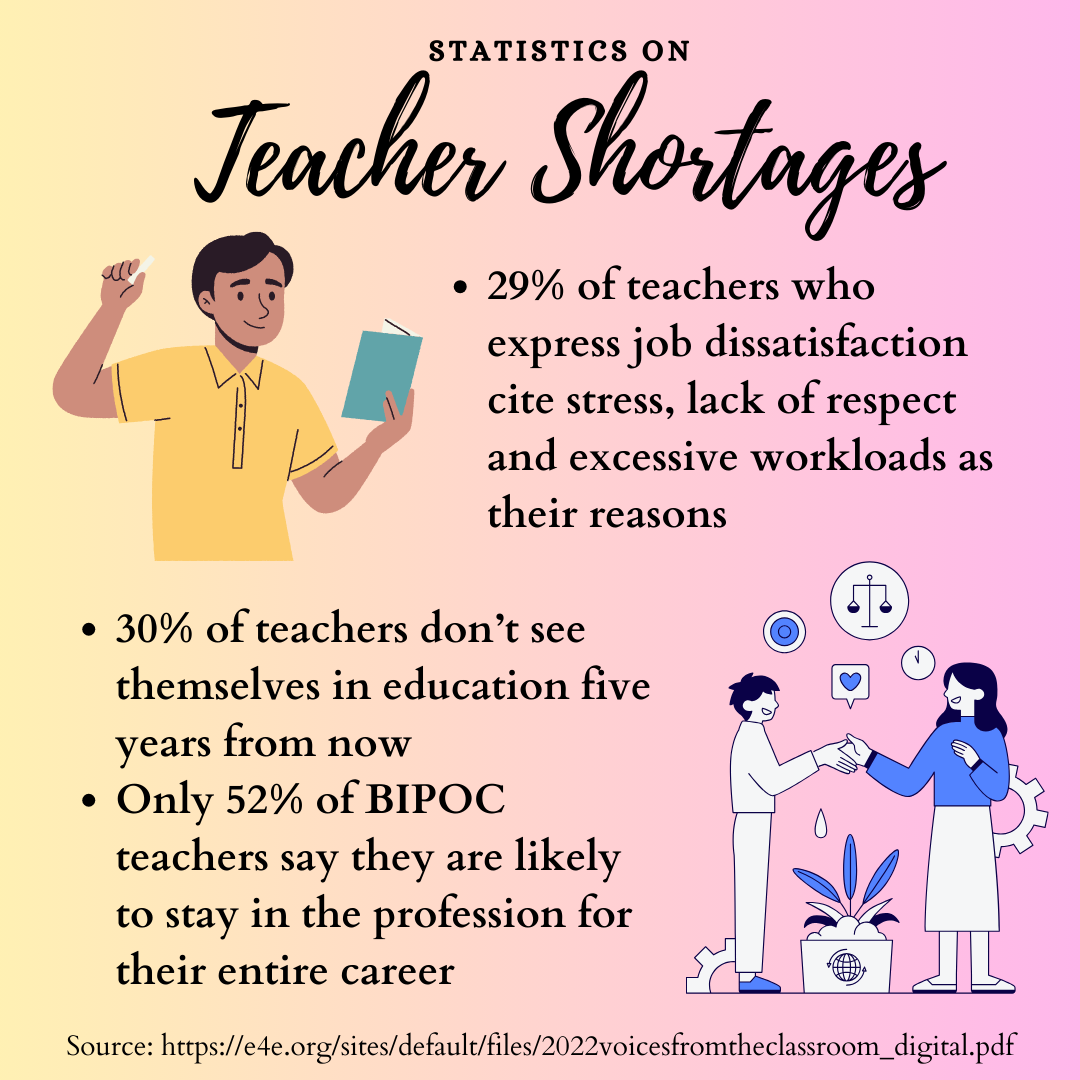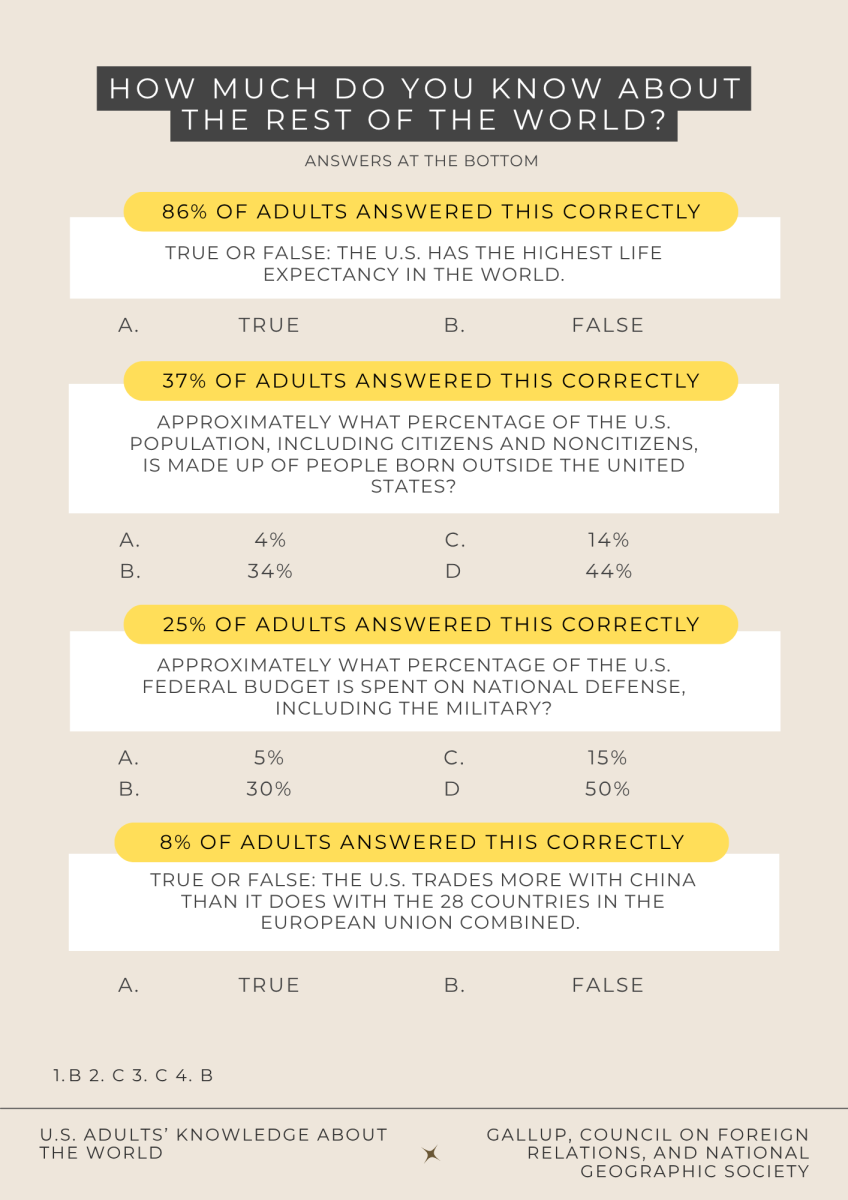With 44% of K-12 educators claiming they feel burnt out always or very often, the teaching industry easily outpaces all other industries nationally in regard to burnout levels at work, per Gallup.
The Virginia Department of Education places emphasis that the recent Covid-19 pandemic has only exacerbated many of the longstanding challenges that are present in the profession, which include low salaries and morale, mental health issues, the financial burden of completing licensure requirements and greater concerns over safety.
Such issues have led to widespread teacher shortages, and the increased vacancies have left school officials with no other choice than to issue emergency teaching certifications or fill job openings with individuals who have no prior teaching experience or training, per a report from the Pennsylvania Department of Education. Additionally, a large percentage of teachers are nearing retirement, and the profession’s devaluing reputation, necessary sacrifices and mounting political and parental pressure are deterring college graduates from entering the field, per the Economic Policy Institute.
Moreover, according to the National Federation of State High School Associations (NFHS), only 10% of educators would strongly recommend the profession to younger generations, and rightfully so—those in the profession are not given the respect or compensation they deserve, and the job itself is often overlooked as individuals entering the workforce pursue careers promising high salaries and a myriad of tangible short and long-term benefits.
Without progressive solutions that address these issues and create tangible change, the aforementioned challenges will prevail and further impair the education system, disproportionately impacting historically marginalized minorities, such as low-income students, those from rural areas and students of color, per Elevate K-12.
Fortunately, however, some school districts are acknowledging the gravity of the situation and working to implement programs and practices that will pay off in the long-term. In Fairfax County, new teachers were welcomed to the school through a program called Great Beginnings, which works to support them through quality mentoring practices and professional teaching standards, per FCPS. The Great Beginnings program creates a space in which new teachers can voice their struggles and get the support they need to have a successful year, and ultimately, a successful career.
Yet such a program should only serve as a stepping stone for the county and other school districts as they work to create an improved working environment for an industry that has had proper benefits and compensation withheld from deserving employees. In order to give all students the education they need to prosper, thrive and solve the world’s most pressing problems, the education system must first promptly address the persisting, everyday challenges educators have and continue to face in spite of the hard work and dedication they have put towards their career.









